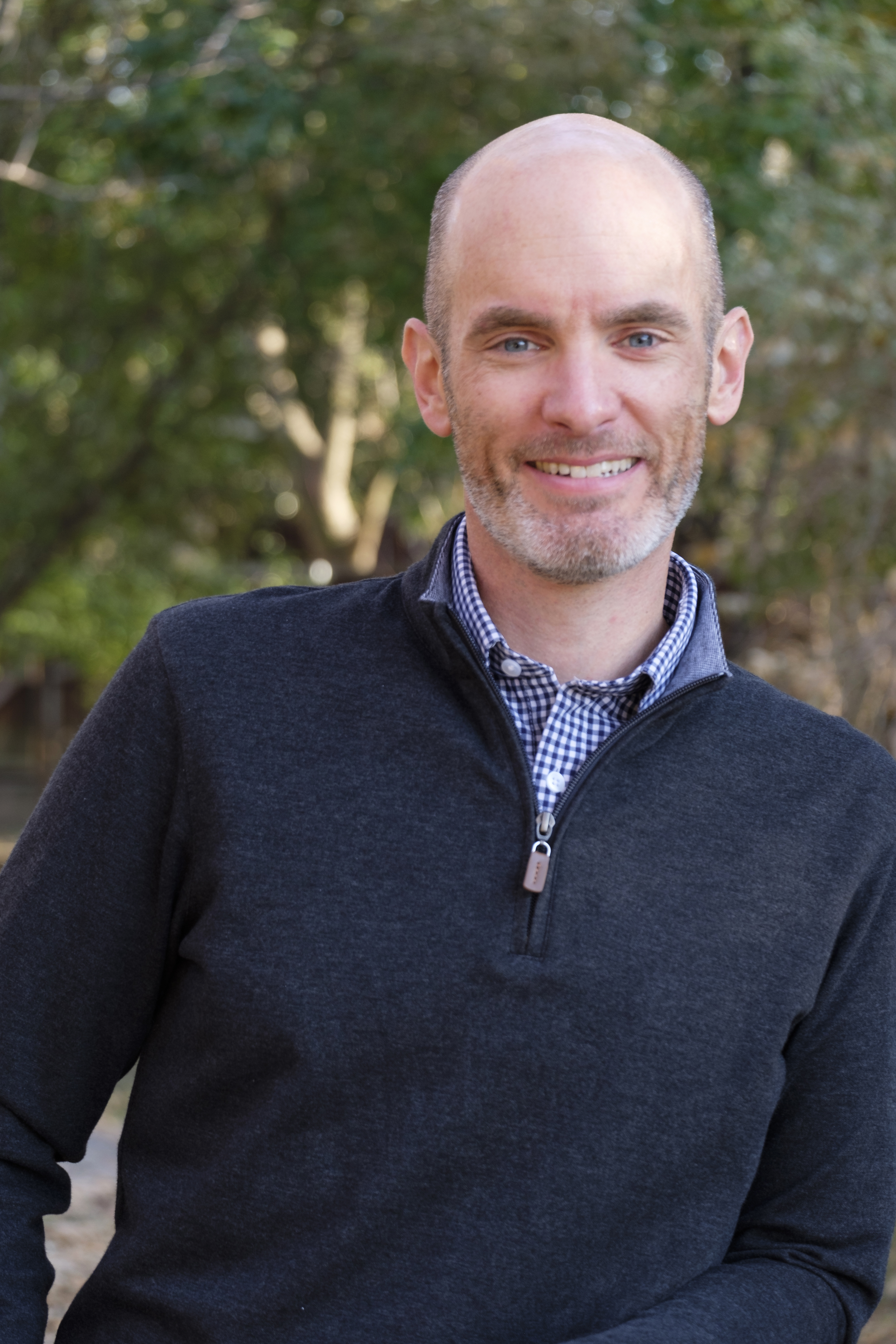
The Anti-Love Behavior
The topic of love gets a lot of attention in the month of February. Popular culture and greeting cards do not let us forget the holiday devoted to an expression of love. Much to my surprise, one of the more poignant lessons I’ve heard on love came earlier this month from an unexpected place: a sermon on slothfulness.
Pastor JR Vassar from Church at the Cross preached on Proverbs 24:30-34
30 I went past the field of a sluggard,
past the vineyard of someone who has no sense;
31 thorns had come up everywhere,
the ground was covered with weeds,
and the stone wall was in ruins.
32 I applied my heart to what I observed
and learned a lesson from what I saw:
33 A little sleep, a little slumber,
a little folding of the hands to rest—
34 and poverty will come on you like a thief
and scarcity like an armed man.
Romantic, isn’t it? You might be asking yourself what this passage could possibly have to do with love? To understand that, we must first understand the perils of being a “sluggard.”
To be slothful and accept laziness is a rejection of our purpose.
We were all created with unique gifts, talents, passions, and abilities. Too much folding of the hands and rest will lead to cobwebs and dust gathering over those talents and spread to the rest of your life.
We were also made to be in relationship. Pardon the cliche, but you and I both know that relationships require work. They involve looking past our own wants and turning towards the wants and needs of another. But the heart of a sloth pursues only selfish desires and thus will find relationships too difficult and burdensome.
What does slothfulness have to do with the topic of love? Pastor JR defines it for us here:
“The sloth prefers to be left alone with the comforts of no demands, no responsibilities. This is anti-love.”
Later in Scripture there is a calling that admonishes selfishness and promotes sacrificial love. “For you were called to freedom, brothers. Only do not use your freedom as an opportunity for the flesh, but through love serve one another.” (Galatians 5:13). The loving person that pours oneself out to the benefit of others is in sharp contrast to the sluggard who only turns inward in an attempt to satisfy selfish desires. It is a difference between the life that richly embraces purpose versus the life bogged down by an insatiable appetite.
The only fruit of a slothful life is boredom because it is a life disconnected from purpose. I am not talking about a momentary boredom experienced when there is nothing to do on a rainy day. But I’m talking about an existential boredom. JR describes that “The problem is not that there is nothing to do but that I don’t know what I am to do.”
So what’s the remedy?
First, identify and root out any areas where laziness is creeping in. How many times do the social media accounts need to get checked? How much binge watching Netflix is too much? What are the distractions that are serving to distance you from your most important relationships?
Second, Pastor JR implores us to “Stay under the yoke.” This means to embrace your responsibilities in your relationships and in your work.
This is not accomplished through ceremonious proclamations of change but only through diligence in the mundane daily activities. Such attention to these interactions and opportunities creates character and develops virtue. Embrace your life-giving purpose.
Love where you live. Love what you do. Love where you work. And Love who you are with. Do so by pouring yourself outward and embracing your purpose of a life of service and relationship.
Check out the full sermon here.




